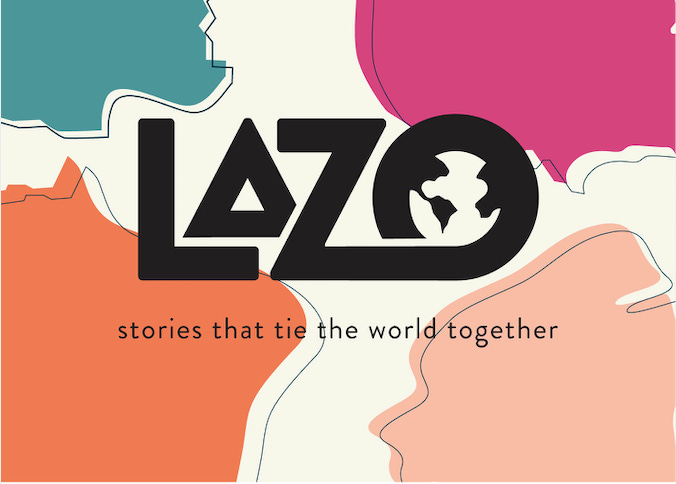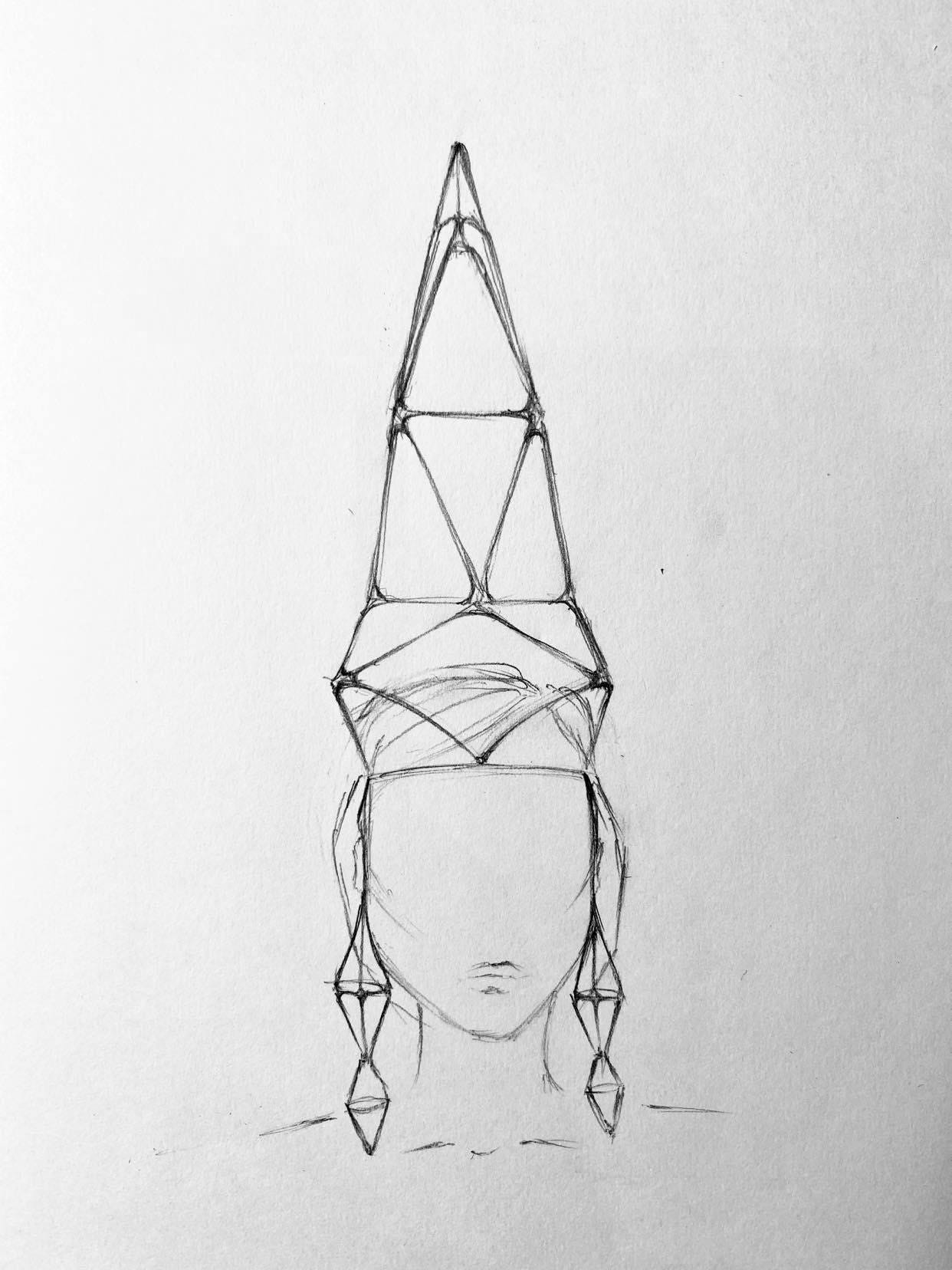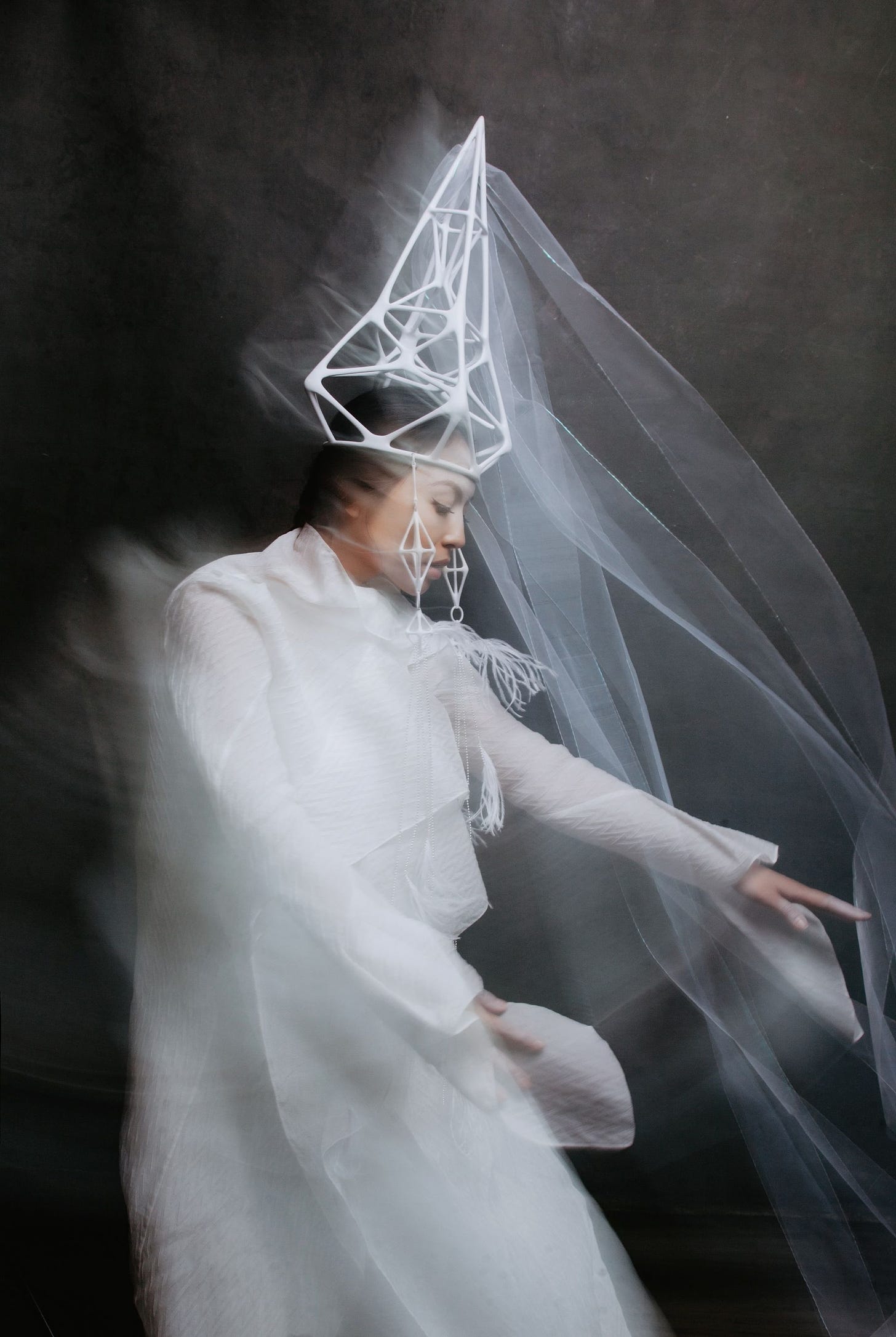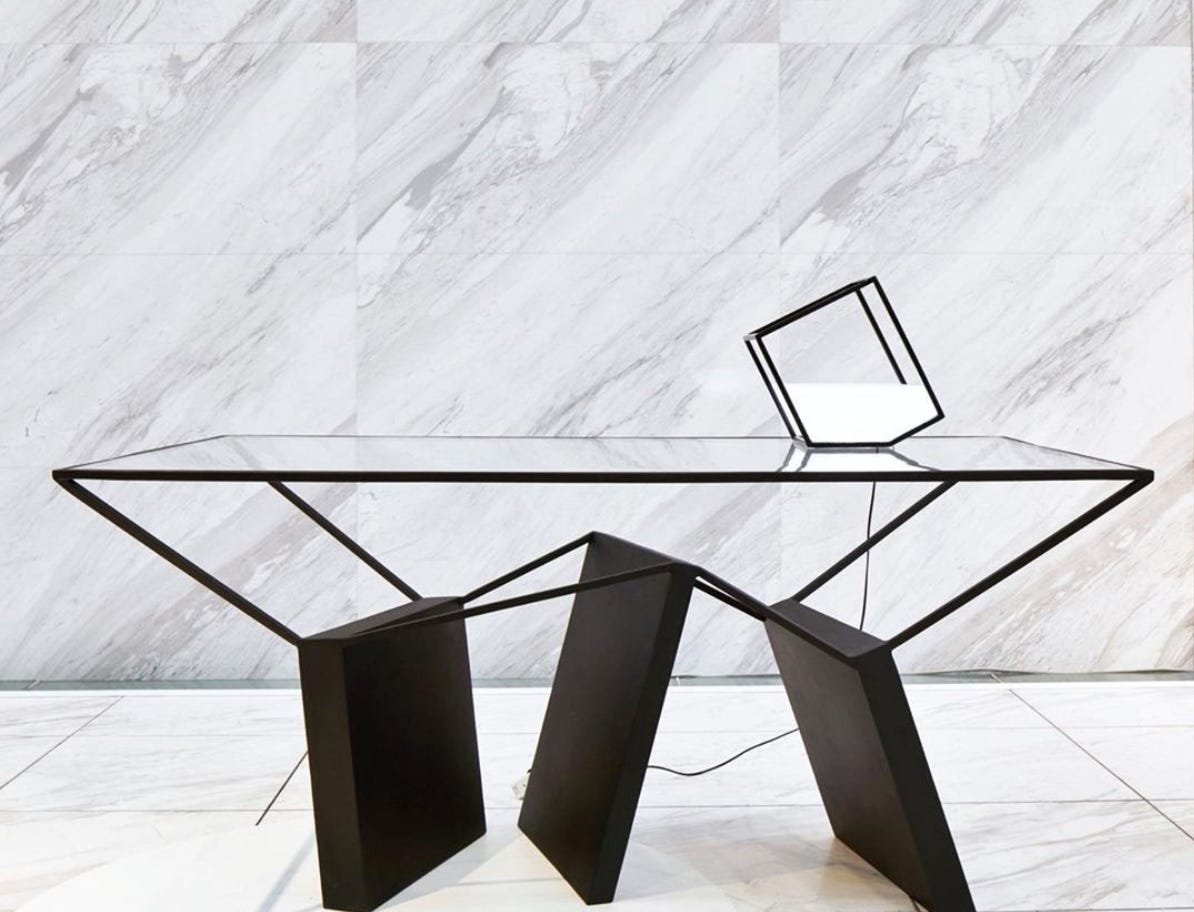Weddings and furniture in Kazakhstan.
Hello, everyone! Cristina here. It's been a busy news week, so please feel free to skip to the bottom for a summary of the news I've been reading. But if you want to hear about something beautiful and inspiring, I have just the interview for you.
Upgrade to a premium subscription by Clicking Here.
This week I sat down to speak with Nissa Kinzhalina, a 31-year-old Kazakh furniture designer based in Almaty, Kazakhstan. Nissa got married last month (congratulations!) and decided to create her own wedding dress and saukele, the traditional headdress of Kazakh brides.
Her designs blended the traditional with Nissa's personal, modern touch. We spoke about her decision to use a 3D printer to create a modern saukele and about her career as an innovative furniture designer.
Cristina: So, tell me what inspired you. What made you decide to make this saukele?
Nissa: Honestly, I didn't want a traditional wedding. But the saukele is made for a specific wedding ceremony in Kazakhstan called 'the viewing of the bride.' It's a joyous and sad ceremony because it symbolizes the daughter leaving home. The mother of the bride puts the saukele on the bride before she is given to the groom. It's a symbol of the marriage.
Cristina: Does the saukele have some symbolism related to the family?
Nissa: Yes. I'm not a strict adherent to Kazakh traditions. I didn't want the wedding to be done in this traditional style. But my mother really wanted it. It was so important to her, and I wasn't sure what to do.
My husband suggested that I should make my own saukele in an absolutely modern style. I thought about it, and then I sat down, and in 10 minutes I had an idea for a saukele.
Cristina: What made you decide to 3D print the saukele?
Nissa: We only had a few weeks, so that was the quickest way to make it!
Cristina: In your experience, do many young women in Kazakhstan want modern weddings and to eschew the old traditions of giving away a bride?
Nissa: Yes, absolutely. But many girls also want to get married at around 20 years old. They think 29 or 30 is too old for a Kazakh girl to get married.
I believe you should get older before you get married because marriage isn't a game. You need to have experience before you live with another person. At 20, you don't even know yourself. You need to know yourself before you can be with someone else.
Cristina: Did people pressure you to get married younger?
Nissa: Yes, of course. Everyone from the nurse in the hospital to my mother.
Cristina: Tell me about your work. What did you study in school, and how did you develop your career as a furniture designer?
Nissa: I knew who I wanted to be from childhood. When I was little, I was interested in how things work. My parents would give me a toy, and I would take it apart and see what was inside.
At around 12, I started drawing a lot. I thought that I would be a fashion designer. I was always drawing dresses and models, and I had a rich imagination. I could see ideas everywhere I looked.
When I was 17, I entered the architectural university in Almaty, met my future mentor, and started to study Japanese architecture. I completed 5 years of school, and during that time, I began to notice small details in houses.
I realized that I don't want to make furniture that will fit in houses, I want to make furniture that you want to build a house around.

Cristina: What is it like to be an independent female entrepreneur in Kazakhstan?
Nissa: There are not many young female entrepreneurs in Kazakhstan, especially not in design.
You have to have a really strong character. Every day I am trying to make something unique. Every day I am trying to explain what I am doing, and not many people understand me. So it is challenging.
Thanks to Nissa for her time! You can check out her website here and her Instagram page here. She ships her furniture worldwide and all of the materials are sustainable and locally sourced in Kazakstan.
If anyone wants to buy me a birthday or Yuletide present, this piece is my personal favorite ;-).
This is random:
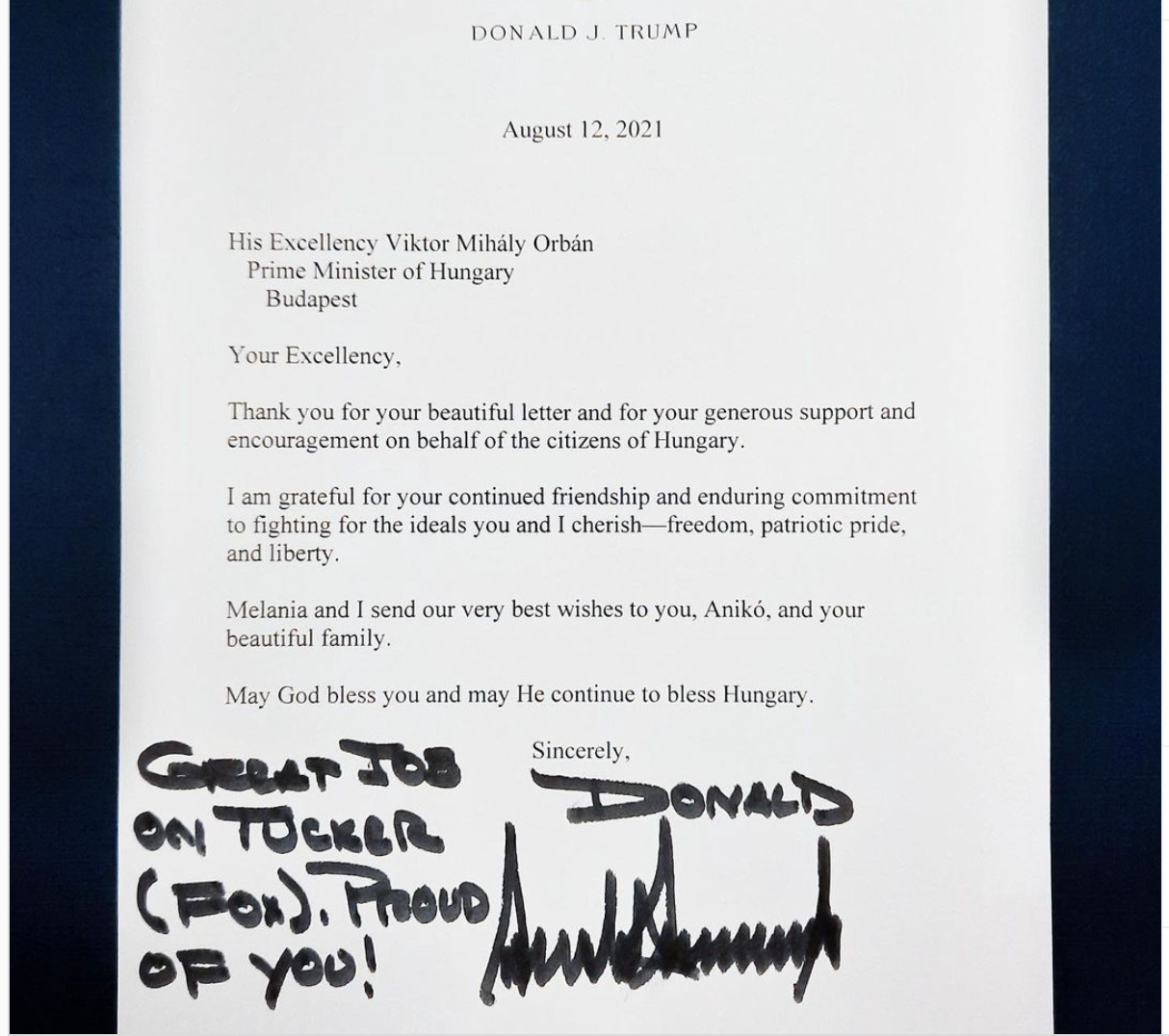
What I'm reading:
• Josep Lluis Alay, a senior adviser to former Catalan president Carles Puigdemont, met with Russian officials, former intelligence officers, and the well-connected grandson of a K.G.B. spymaster. According to a European intelligence report reviewed by The New York Times, the aim was to secure Russia’s help in severing Catalonia from the rest of Spain.
• The European Commission is ratcheting up its conflict-of-interest fight with the Czech Republic, threatening to withhold payments to companies held by trust funds, Lili Bayer reports for Politico Europe. The dispute began because Czech Prime Minister Andrej Babiš put his Agrofert agriculture and chemical conglomerate into trust funds. In 2019, the European Commission found that Babiš still influences those funds consequently violated conflict-of-interest law.
• The Polish government asked the President to introduce a state of emergency on its border with Belarus, the first since Poland's 1981 martial law declaration under communist rule. The order bans mass gatherings and restricts freedom of movement in two regions.
• Estonian MPs elected Estonian National Museum director Alar Karis as President.
• Slovenia's European Council presidency skipped out on a meeting about Article 7 rule-of-law proceedings against Hungary and Poland. After getting called out on Twitter, Slovenian Prime Minister Janez Janša responded with a Tweet of his own.
• Romania's centrist Prime Minister Florin Citu sacked his justice minister Stelian Ion this week, creating a rupture that could destabilize the government, Reuters reports.
• The Southern Poverty Law Center (SPLC) released an investigative report about a far-right propagandist named Charles Bausman, who was involved in Stop the Steal activism in Pennsylvania, went to the January 6 insurrection in Washington, D.C., and then fled.... to Moscow.
• The Guardian reports that the Russian government has increased its efforts to repress opposition to the United Russia party before the parliamentary election next month.
• The Russian government warned Google and Apple they could face criminal liability for election interference if they refuse to remove imprisoned activist Alexei Navalny’s app from their stores, Al Jazeera reports. The app is meant to help Russian voters unite against candidates from the ruling United Russia party.
• Meduza joins Dozhd, Novaya Gazeta, Forbes Russia, and other independent news outlets in a public appeal for an end to the Kremlin’s campaign against independent journalism in Russia.
• The International Crisis Group has an in-depth report on Muslims of Russian origins that calls on nation-states to "take into account the complex social, cultural, and ideological mix that Russian-origin Muslims represent."
• Ukrainian President Volodymyr Zelenskiy visited the White House, where he urged the U.S. to participate in peace talks to resolve the war with Russian-backed separatists in Eastern Ukraine. He also wants Washington to help build Ukraine's defense capabilities.
• Uzbekistan told the United States that U.S.-trained Afghan pilots who fled to Uzbekistan with hundreds of their family members could face expulsion as Tashkent works to avoid clashes with the Taliban. The trained Afghan pilots are among the Taliban’s most hated enemies, the Wall Street Journal reports.
• Uzbekistan’s Ministry of Foreign Affairs released a statement saying it is closing its land crossings “indefinitely."
• The U.S. will help build a new facility for border guards in Tajikistan along the border with Afghanistan and Uzbekistan to better respond to security threats, the U.S. embassy in Dushanbe said in a Tweet.
• Tajikistan says it cannot afford to take in a large number of Afghan refugees.
• Newlines Magazine has an exclusive interview with top Taliban official Anas Haqqani about his life, Bagram, the Haqqani Network, and the Taliban.
• Amnesty International published a public letter arguing that the European Union should trigger its Temporary Protection Directive – a never-before-used law – to facilitate the “safe and orderly arrival and protection in Europe” of Afghans at risk.
• The U.S.’s withdrawal from Afghanistan will “catalyze” the E.U. to establish its own permanent military force, Josep Borrell, the E.U.’s high representative for foreign affairs, said following a meeting with EU defense ministers.
• The Treasury Department issued a license authorizing the U.S. government and its partners to facilitate humanitarian aid in Afghanistan, a Treasury Department official told Reuters.
• Egyptian President Abdel Fattah el-Sissi, Jordan’s King Abdullah II, and Palestinian Authority President Mahmoud Abbas held talks in Cairo to revive the Middle East peace process and strengthen a ceasefire that halted the recent Israel-Hamas conflict, the Associated Press reports.
• Two former Guatemala generals – Manuel Benedicto Lucas and Manuel Antonio Callejas – will stand trial on genocide charges for their role in the country’s civil war in the late 70s and early 80s.
Upgrade to a premium subscription by Clicking Here.
As always, you can send comments, corrections, complaints, et al. to: c.maza@protonmail.com





